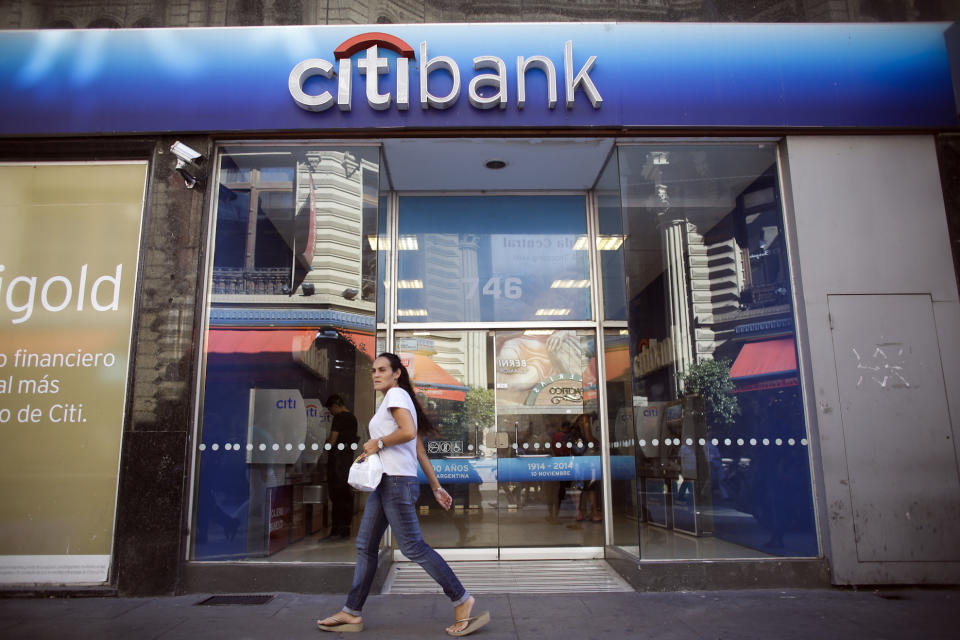Tax reform will be 'gravy' for the banks
In the coming days, some of Wall Street’s major banks are expected to announce multi-billion dollar write-downs because of tax reform. But in the long run, they’re expected to benefit from the new changes.
“The tax law will, of course, mainly be ‘gravy’ for the banks in that their near-term after-tax net income should rise significantly,” Oppenheimer’s Chris Kotowski wrote in a recent note.
For now, there will be some up-front charges on deferred tax asset (DTA) write-downs and deemed repatriation of foreign profits for many of the firms.
JPMorgan Chase (JPM) and Wells Fargo (WFC) kick off earnings season for the big banks on Friday, while Citigroup (C), Bank of America (BAC), Goldman Sachs (GS), and Morgan Stanley (MS) report their results next week.
Of the big banks, Citigroup is expected to have the most profound up-front charges. It’s estimated that Citi will incur an estimated $20 billion mostly “non-cash” hit.
“That seems like a big impact, but it is a funny kind of thing,” Kotowski wrote. “It is not as if Citi’s shareholders are in any way worse off as a result of the change in terms of cash earnings. The [net operating losses] will still shield the same amount of income, and the cash taxes paid will be the same. It’s just that the shield would have been worth more if rates were higher….”

Bank of America is seen taking a $3 billion DTA write-down, while Goldman Sachs will likely incur a $5 billion write-down. Kotowski estimates that Morgan Stanley will experience a $4 billion write down. Kotowski doesn’t see Wells Fargo incurring a write-down. JPMorgan’s CFO Marianne Lake said at an investor conference in December that the firm would probably see a $2 billion write-down.
“[But] as you move forward depending on when the tax cut comes in, we would benefit from the lower rate and the competitive forces will come in from there,” Lake said at Goldman’s U.S. Financial Services Conference.
A mediocre quarter
In general, the fourth quarter should be mediocre for the banks. Trading revenues, particularly for FICC, should come in lower amid the low volatility in fixed income markets. Back in December, JPMorgan and Bank of America said their trading revenues had slumped 15% in the quarter. Citigroup and Goldman are also likely to see a decline in trading revenues.
Going forward, Kotowski expects FICC trading to “become a better business once long-term rates start trending upward.”
Investment banking should be somewhat of a bright spot in the earnings reports. Deal activity, including M&A and equity underwriting, imply a “stable and resilient environment, but not a booming one,” Kotowski wrote. He sees “ample room” for investment banking activity to pick up globally.
“[W]e believe that in general, stocks are driven by the underlying fundamentals,” Kotowski wrote. “If the world were ‘steady state,’ we think that low single digit loan growth could lead to double digit loan growth, and that this would look very good compared to the broader market (a 66% relative P/E multiple based on consensus estimates), we think banks remain attractive versus the market, though to us and many observers, the market is very expensive.”
Julia La Roche is a finance reporter at Yahoo Finance. Follow her on Twitter.
